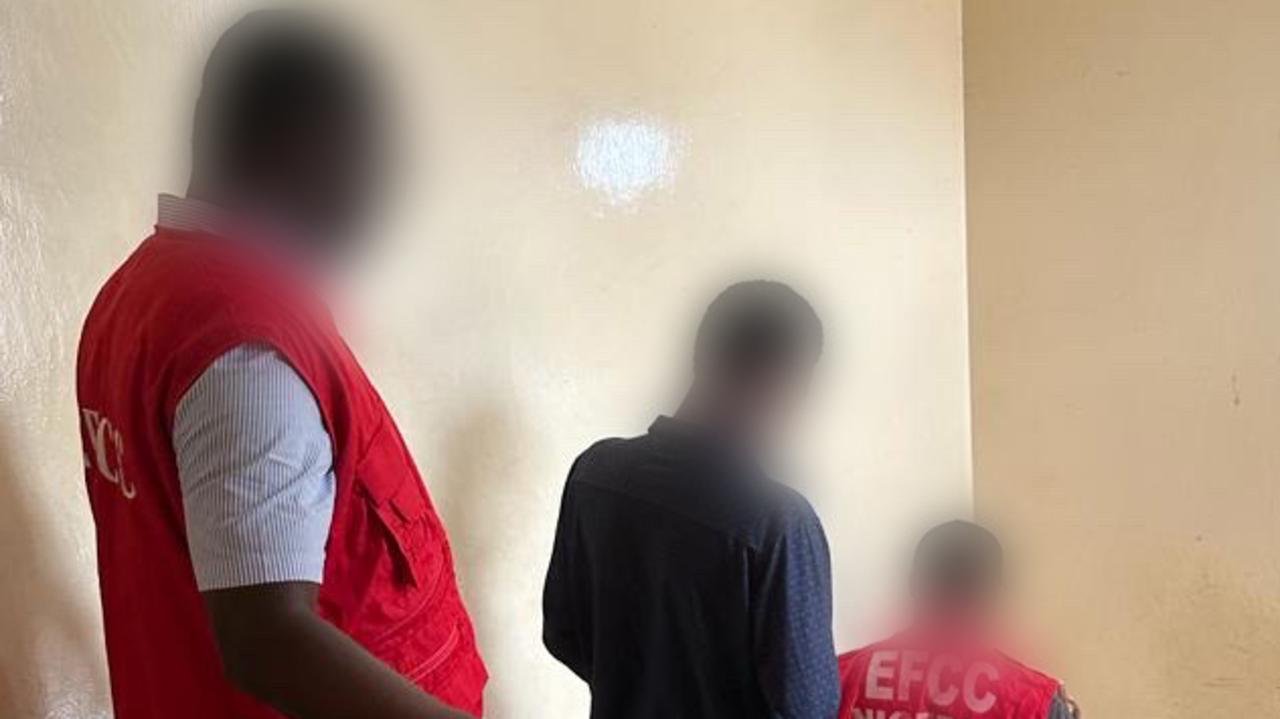US doctor with Ebola, Rick Sacra, ‘improving’ as US president Barack Obama warns of ‘serious danger to the United States’
A US doctor who caught Ebola in Liberia is showing signs of improvement, as US president Barack Obama has warned of “a serious danger to the United States”.

AN AMERICAN doctor who caught the Ebola virus while working in a Liberian maternity ward is showing signs of improvement, relatives say.
Rick Sacra, 51, arrived at the Nebraska Medical Centre early Friday, becoming the third US healthcare worker to be evacuated from West Africa amid the largest Ebola outbreak in history.
More than 2000 people have died from the contagious virus in Liberia, Guinea, Sierra Leone and Nigeria since the beginning of the year, according to the World Health Organisation.
The radical plan to halt Ebola
Ebola patients ‘lying in the street’
Third Ebola doctor back in the US


Dr Sacra’s wife Debbie and oldest son Maxwell, 22, visited the sickened doctor on Saturday.
They spoke via video link for about 25 minutes, as Sacra is being isolated in the hospital’s biocontainment unit to avoid contamination from the highly contagious disease.
“Rick is very sick and weak, but slightly improved from when he arrived yesterday,” Debbie Sacra said. “He asked for something to eat and had a little chicken soup.”
She added her husband could not remember much from his return to the United States, and was trying to rest.

Debbie Sacra said she was “relieved to see his face and hear his voice again.”
She expressed hope her husband’s illness would help garner more attention to the outbreak.
“We don’t want this story to be about Rick,” she said.
“The story is the crisis in West Africa. That is what is most important. The world is coming to this fight late.”
The Nebraska Medical Centre has said that serum from a surviving patient, or drug treatments that interfere with the virus but have never been tested in people are among the options being considered for Dr Sacra.
There are no drug treatments on the market for Ebola, and no vaccines to prevent it, though the crisis has accelerated clinical trials to test and bring remedies to the market.

The other American doctors sickened with Ebola, doctor Kent Brantly and aid worker Nancy Writebol, recovered and were discharged from Emory University Hospital in Atlanta, Georgia last month.
Ebola causes fever, vomiting, diarrhoea and in severe cases, internal haemorrhaging. The current outbreak has been fatal to about half of those infected.
It is transmissible through close contact with the bodily fluids of an infected person, or by touching the corpse of a person who has recently died of the infection.

Meanwhile, President Barack Obama has said the US military will help in the fight against fast-spreading Ebola in Africa, but that it will be months before the epidemic slows.
In an interview aired on Sunday, Mr Obama said that, in its current form, he did not believe Ebola would reach the United States, but warned the virus could mutate and become a much greater threat to those outside Africa.
The president argued that the deadly toll of the disease was being exacerbated because of the rudimentary public health infrastructure in Africa.
“We’re going to have to get US military assets just to set up, for example, isolation units and equipment there, to provide security for public health workers surging from around the world,” Mr Obama said on NBC’s Meet the Press.

“If we do that, then it’s still going to be months before this problem is controllable in Africa,” he said.
But he added, “if we don’t make that effort now, and this spreads not just through Africa but other parts of the world, there’s the prospect then that the virus mutates”.
“It becomes more easily transmittable. And then it could be a serious danger to the United States.”
The death toll from the Ebola epidemic — which is spreading across West Africa, with Liberia, Guinea, Sierra Leone the worst hit — has topped 2000, of nearly 4000 people who have been infected, according to the World Health Organisation.



